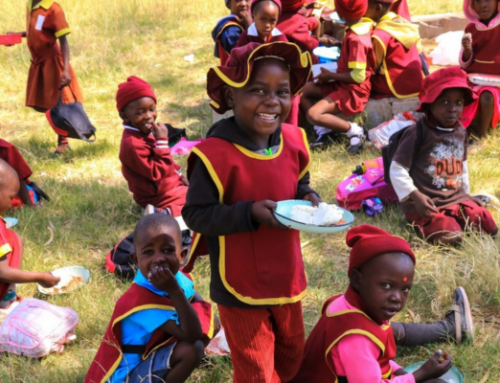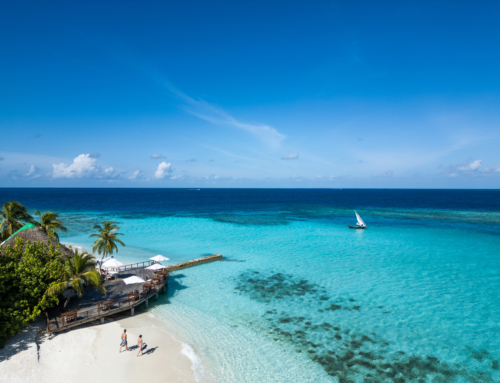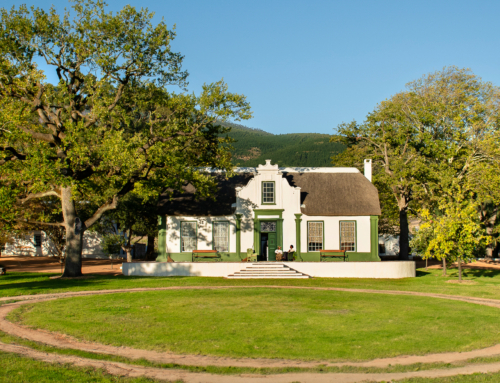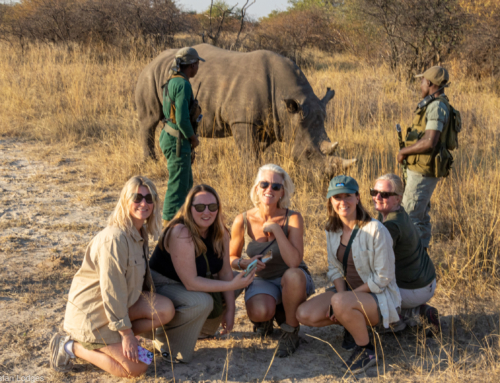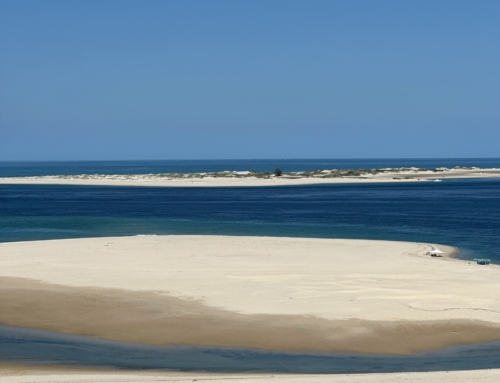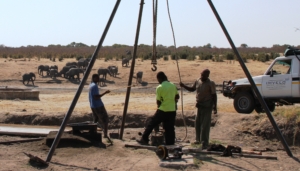
Water for Wildlife – Hwange borehole repairs by Imvelo Safari Lodges
Join Imvelo for a conservation safari to mitigate the impact of this years adverse weather conditions in Hwange National Park.
Imvelo has put together a ‘behind the scenes’ conservation safari for guests to help deliver vital work to protect elephant and wildlife reliant on the waterholes across the south-east of Hwange NP. It will combine a safari experience with behind the scenes conservation work helping deliver diesel, parts and supplies to 25 pumps where full time staff are based 24 hours a day to keep the pumps running. Imvelo use hybrid pumps where diesel kicks in as the solar energy runs out, vital when elephant drink at night. A one week safari will be based between Camelthorn and Jozibanini camps, monitoring wildlife as well as helping the rural communities settled along the edge of the Park. The Guide’s focus will be on the key conservation work that Imvelo undertakes but the wildlife game viewing will be incredible whilst undertaking these activities.
If guests cannot come to Hwange, please consider donating to the water for wildlife and communities projects (imvelosafarilodges.com/make-an-impact).
OR coming on safari with Imvelo at a later time where they can showcase the work that they do and put together a special itinerary on a private basis to help in this vital conservation work.
In Hwange, rain can be expected from November to April, with about 1200 mm (47 inches) in a good year. The 2023-24 season saw Hwange Main Camp record only 360 mm (14 inches) while the second half of the season, which is critical rain for the growth, seeding and fruiting of the grasses and other vegetation, was almost entirely dry.
El Nino brought high temperatures and low rainfall to this part of Africa. Central parts of the region experienced the driest February in more than 100 years, according to a report by the United States Agency for International Development’s Famine Early Warning Systems Network.
Or get involved on the community front, they have drilled three new boreholes (wells) at villages adjacent to the new Mlevu Sanctuary, specifically aimed at irrigated food gardens. These gardens will be fundamental to supporting communities during the dry seasons for years to come, and will significantly improve land productivity in an area of low soil fertility and erratic rainfall. In the meantime, they continue to deploy maintenance teams to repair boreholes for villagers, they have completed 35 – and counting – repairs on boreholes since the beginning of the year.

